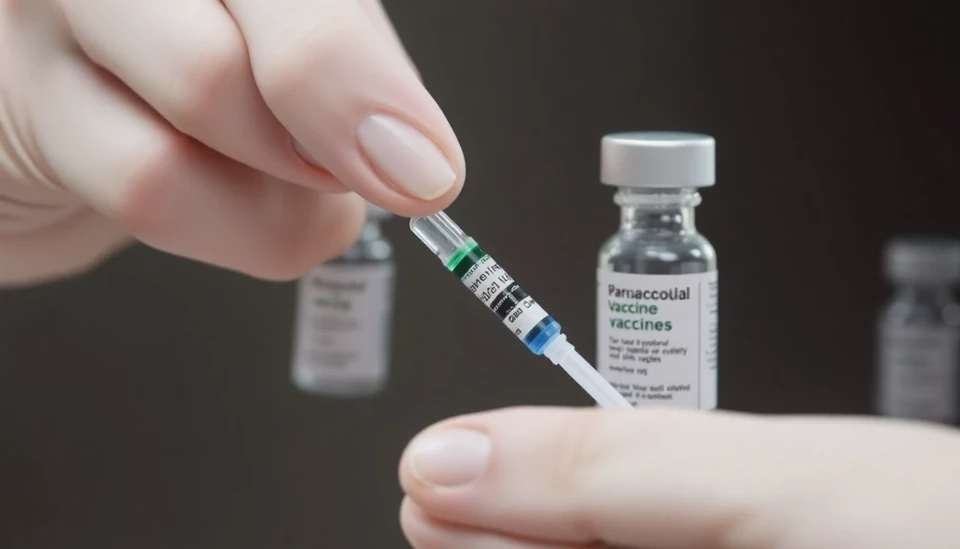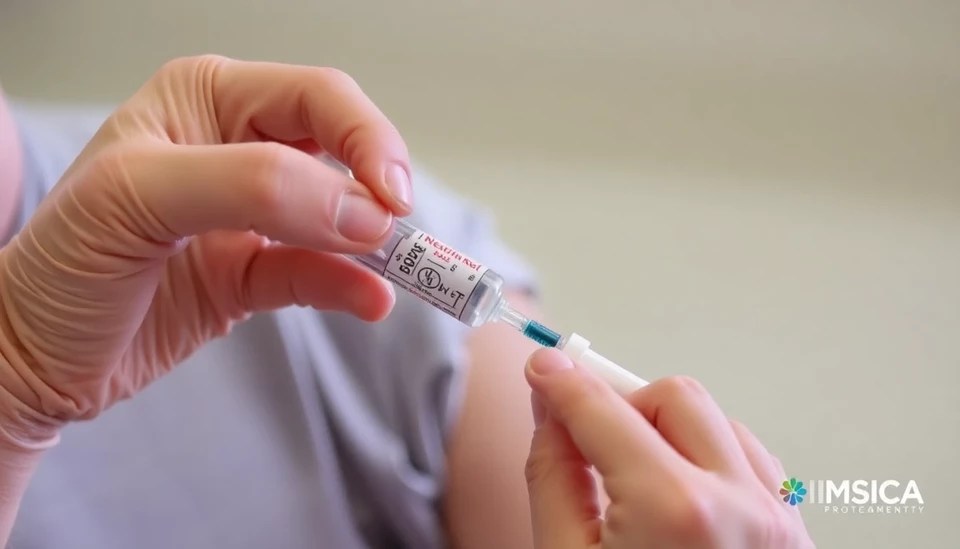
In a significant move aimed at enhancing public health, a panel of experts from the Centers for Disease Control and Prevention (CDC) has recommended the wider utilization of pneumococcal vaccines developed by Pfizer and Merck. This decision is seen as a pivotal step in combating pneumococcal disease, which can lead to serious infections like pneumonia, meningitis, and bloodstream infections.
The advisory panel’s recommendation came after extensive discussions surrounding the benefits of vaccination against pneumococcal bacteria, which is especially harmful to vulnerable populations including the elderly and those with underlying health conditions. The panel emphasized that increasing vaccination rates could significantly reduce hospitalization and mortality rates associated with these diseases.
Pfizer's vaccine, Prevnar 20, and Merck's vaccine, Vaxneuvance, were at the center of the discussions. Prevnar 20 covers a wide range of serotypes, addressing the most common strains responsible for severe health issues, while Vaxneuvance targets additional serotypes, thus complementing the protection offered by Prevnar. The combination of these vaccines could provide comprehensive coverage against pneumococcal diseases.
The CDC's panel noted that current vaccination rates fall short, particularly in certain demographic groups. The recommendation aims to close this gap by encouraging healthcare providers to discuss pneumococcal vaccination with their patients, especially those aged 65 and older and individuals with specific medical conditions that increase their susceptibility to pneumococcal infections.
In light of increasing incidences of these infections, healthcare professionals are urged to consider administering these vaccines concurrently with other immunizations during routine check-ups, thereby enhancing overall vaccination uptake.
The panel's approval is not just a suggestion but paves the way for official guidelines that may influence how these vaccines are integrated into healthcare practices across the United States. Following this recommendation, the CDC is expected to publish comprehensive guidelines that detail eligibility criteria, recommended age groups, and administration protocols for the vaccines.
This initiative marks a critical collaboration between the CDC, vaccine manufacturers, and healthcare providers in striving toward better vaccination practices, ultimately aiming to protect populations at risk from pneumococcal disease. As the winter season approaches, which typically sees higher rates of respiratory illnesses, this guidance could be timely in bolstering the public's defense against pneumococcal infections.
With this endorsement, public health officials are optimistic that the expanded use of these vaccines will lead to fewer cases of severe illness and hospitalizations, contributing positively to the overall health landscape in the United States.
#CDC #PneumococcalVaccines #Prevnar20 #Vaxneuvance #PublicHealth #Vaccination #Healthcare
Author: Victoria Adams




